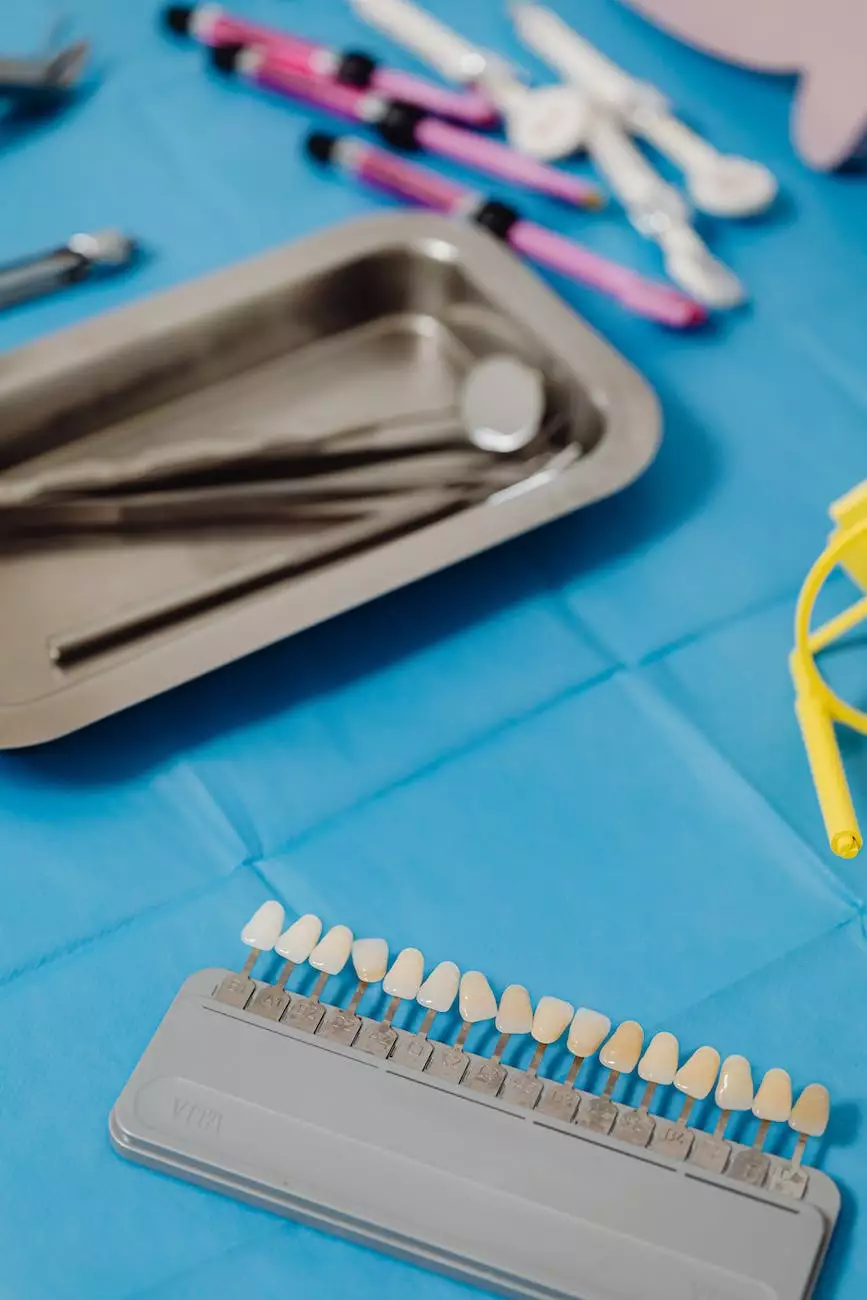How Often Should You Floss?
Blog
Simply Smile Family Dentistry
- The Importance of Flossing
- How Often to Floss
- Proper Flossing Technique
- Benefits of Regular Flossing
- Tips for Effective Flossing
The Importance of Flossing
Flossing is a critical step in maintaining good oral hygiene. It helps remove plaque, food particles, and bacteria that brushing alone cannot reach. By flossing regularly, you can prevent cavities, gum disease, and other dental issues.
Many people underestimate the significance of flossing, assuming that brushing alone is sufficient. However, flossing is essential as it cleans the areas between the teeth and along the gumline, where toothbrush bristles cannot reach. Neglecting to floss can lead to the buildup of plaque, which can contribute to gum inflammation and tooth decay over time.
How Often to Floss
The American Dental Association recommends flossing your teeth at least once a day. It is best to incorporate flossing into your daily oral care routine, preferably before brushing your teeth. By committing to regular flossing, you can maintain a healthy smile and prevent various dental problems.
Flossing before bed is particularly crucial since it helps remove any food particles stuck between your teeth from the entire day. Additionally, flossing after meals can also be beneficial, especially if you consume sticky or hard-to-clean foods.
Proper Flossing Technique
Mastering the correct flossing technique is essential to maximize the benefits of this oral care practice. Follow these steps to ensure your flossing is effective:
- Start with approximately 18 inches of dental floss and wrap the ends around your middle fingers, leaving about two inches of floss between them.
- Gently slide the floss between your teeth, curving it against the side of one tooth in a C shape.
- Glide the floss up and down, moving it slightly under the gumline to remove any debris or plaque.
- Repeat the process for each tooth, using a clean section of floss each time.
Remember to be gentle while flossing to avoid injuring your gums. If you're unsure about the proper technique or have difficulty flossing, consult your dentist who can provide guidance and recommendations.
Benefits of Regular Flossing
Flossing regularly offers numerous benefits for your oral health:
- Prevents plaque buildup: Flossing removes plaque from areas that brushing alone cannot reach, reducing the risk of tooth decay and gum disease.
- Protects gum health: By removing plaque and debris, flossing helps prevent gum inflammation and lowers the chances of developing gingivitis or periodontitis.
- Reduces bad breath: Flossing helps eliminate food particles trapped between your teeth, freshening your breath.
- Enhances overall oral hygiene: With proper flossing, you can maintain a cleaner and healthier mouth, reducing the need for extensive dental treatments.
Tips for Effective Flossing
Here are some tips to improve your flossing routine:
- Choose the right floss: There are various types of floss available, such as waxed, unwaxed, flavored, or tape floss. Choose the one that feels comfortable and suits your needs.
- Be consistent: Make flossing a daily habit to maintain optimal oral health.
- Take your time: Rushing through the flossing process may lead to ineffective cleaning. Take the time to clean between each tooth and along the gumline.
- Incorporate mouthwash: After flossing, swish with an antimicrobial mouthwash to help kill any remaining bacteria and leave your mouth feeling fresh.
- Visit your dentist regularly: Regular dental check-ups are essential to detect any early signs of dental issues and receive professional cleaning.
For expert dental services and professional guidance related to your oral health, trust Dental Home in Bluffton. Our team of dedicated dentists and staff are committed to ensuring your smile remains healthy and beautiful. Contact us today to schedule an appointment and take the first step towards a confident, healthy smile.
- Dental Home, your trusted partner in oral care.










